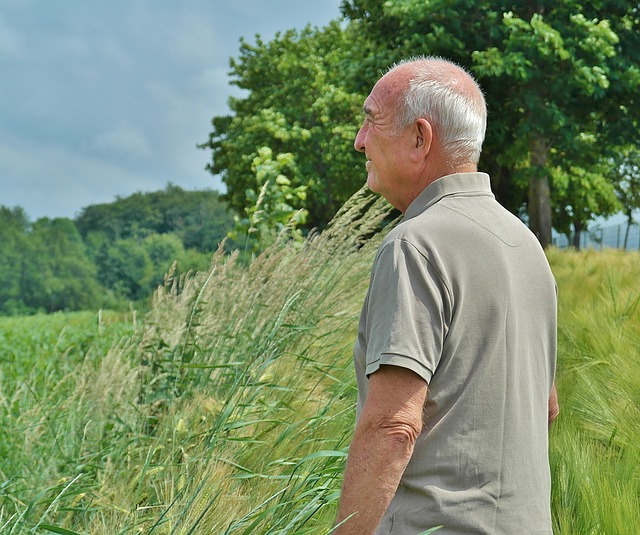
The Stigma Of Addiction For Seniors
Recovering from an addiction that has taken away most of your functional life is difficult enough at the best of times, without having the stigma and judgement of addiction in older people, on top.
There is a growing number of older people, aged 65+, stuck in a circle of addiction, through no fault of their own.
Often they have become addicted to prescription medication or other opiates as a result of pain management medication prescribed following a medical procedure, or a physician prescribing acute pain relieving medication for chronic conditions common in older people, such as arthritis, or other mobility issues.
We have to take into account – sometimes the slower physiology and metabolism in older people does contribute to the likelihood of developing addiction.
This is especially dangerous of course, where patients are quickly discharged from operations or major procedures and instructed to self-medicate at home, for the rest of their medication, as the beds in hosptial are in such short supply.
————————————
Addiction in seniors is rarely spoken of, and something many of us would prefer to pretend didn’t exist.
Let’s not pretend though – that they get to escpae any of the normal responsibilities that the rest of the community have, when deciding to overcome addiction.
They still have to:
– Take responsibility for their addiction, actions, and the consequences of those actions.
– Understand how they arrived in a place of addiction to alcohol or drugs in the first place
– Recognise the situations in life that prompt bingeing behaviour into alcohol or drugs, and come up with better coping mechanisms.
– Get support along the way to deal with all of this.
Attempting to do this, while staying sober, and not jumping to conclusions about judgements and opinions thrown at you along the way, is a challenge.
While recovery and the 12 step model are supposed to be welcoming, judgement-free lifestyles, the reality is sometimes slightly different.
Older people in recovery can be challenged by the following areas.
Their Own Embarrassment
The “regular” guilt and shame levels alcoholics possess, just to admit they are addicted and have a problem – is monumental, as the denial and other secondary psychological elements conspire to hold on to the coping behaviour called alcohol or drugs.
So for older folks, this is overwhelming, as the realisation of the negative impact of their behaviour, on grandchildren, thier own children, and others around them, can become overwhelming when completing an alcohol or drug detox, and the psychological issues begin to surface, unabated.
Physical Issues
Everything involving physical mobility is more difficult, in our older years. This is a fact of life, and will come to us all.
Sometimes this means not being able to attend an AA or NA meeting where and when it might be best to. Sometimes it means being unable to admit to the right alcohol and drugs treatment clinic, best suited for your needs.
Sometimes this means missing out on getting the right sponsor, due to their location.
But maybe that sponsor would actually have been a whole lot better for your recovery.
Other times this might mean they’re unable to connect with the right therapy, counselling, or other aftercare support normally received after treatment.
An addict or alcoholic in this position must make some important, and honest distinctions.
If the compromises on options, treatment, aftercare, or support available, are being made for genuine reasons of mobility, geographic location, or inability to travel, then we can allow ourselves this.
However if they’re being used as an excuse (and let’s face it everyone in addiction has a learned tendecny to make excuses) then we have to recognise this and deal with it.
Putting alternative supports in place when real-world limitations exist is ok.
Avoiding responsibility in your recovery, under the guise of other excuses, is not.
Recovery Times
Older people will inevitably have a longer physical recovery time, during withdrawal, detox, and even just processing regular prescription medication they require on a day-to-day basis.
This can mean that any kind of reducing, or tapered detox that a physician may prescribe, has to be a little slower, and less aggressive, to allow the liver and other parts of the system, recover a little more gradually.
Sometimes this slower physiology also means moving from detox to therapy work a little slower than other folks, and spending a greater percentage of time in physical recovery as opposed to moving quickly into therapeutic recovery.
This can be extended further depending on the duration and recency of usage. An older person who has been using an opiate medication for 10+ years will of course take longer to detox comfortably than someone on only a minor dose for less than a few months, for example.
Just to keep things balanced, next time we’ll talk about all the positive of being older and in addiction recovery 🙂